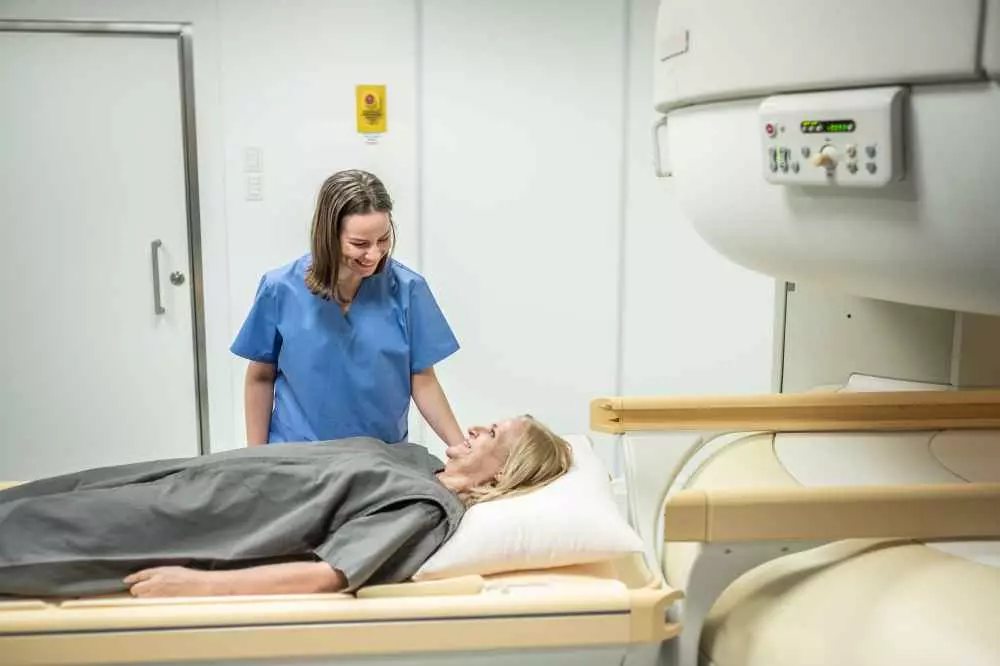Neurological tests: how can they help in diagnosis and therapy?
Neurological examinations are a key element in the diagnosis and treatment of various types of neurological conditions and disorders. Thanks to techniques such as MRI, electroencephalography and cognitive tests, doctors are able to accurately assess the condition of a patient's nervous system and develop a therapeutic plan tailored to the patient's individual needs.
Magnetic resonance imaging(MRI) is one of the most important imaging methods in neurological research. It provides detailed images of the brain and spinal cord to detect possible damage, tumors or spatial changes. MRI uses strong magnetic fields and radio waves to create an accurate picture of the internal structure of the nervous system.
Electroencephalography (EEG) is another neurological examination method that is used to monitor the electrical activity of the brain. By placing electrodes on a patient's scalp, doctors are able to record and analyze the electrical signals generated by the brain. EEG can help diagnose epileptic seizures, states of consciousness or sleep disorders.
Clinical examinations are also important in neurological diagnosis and therapy. The doctor conducts a thorough interview with the patient, analyzes the patient's medical history and collects information about the symptoms the patient is experiencing. In addition, he or she may conduct neurological tests, such as muscle strength, reflexes or coordination, which allow the patient to assess the functioning of the nervous system.
Neurological therapy: a key element in patient rehabilitation
Neurological therapy is an indispensable element in the rehabilitation of people with neurological diseases and injuries. Its goal is to restore bodily function and improve the patient's quality of life through the use of various therapeutic techniques.
Physiotherapy is one of the pillars of neurological therapy. Specialists in this field use various techniques, such as manual therapy, strengthening exercises and balance training, to restore the patient's mobility. Physiotherapy can be particularly effective for people with brain injuries, post-traumatic spinal cord injuries or neurodegenerative conditions.
Speech therapy is an extremely important part of treatment for neurological patients with speech and communication disorders. Speech therapists work to improve speech fluency, articulation and vocabulary development. In addition, they can teach patients alternative methods of communication, such as sign language or the use of electronic communicators.
Occupational therapy aims to restore patients' ability to function independently in daily life. Specialists in this field teach patients to perform activities of daily living, such as eating, dressing and using the toilet. For those with memory or concentration disorders, this therapy can also help develop strategies for coping with daily tasks and organizing time.
Summary
Neurological tests, such as MRI and electroencephalography, are indispensable tools in diagnosing a variety of neurological conditions. Thanks to them, doctors are able to accurately assess a patient's condition and develop a therapeutic plan that is tailored to the patient's individual needs.
Neurological therapy is a key component of patients' rehabilitation and aims to restore their bodily functions and improve their quality of life. Physiotherapy, speech therapy and occupational therapy are just some of the many therapeutic techniques that can be used as part of neurological therapy.
With neurological examinations and therapy properly tailored to the patient's needs, people with neurological damage and conditions have a chance to improve their health and overall quality of life. Therefore, it is critical that patients have access to neurological specialists and appropriate diagnostics and therapies.
Add comment